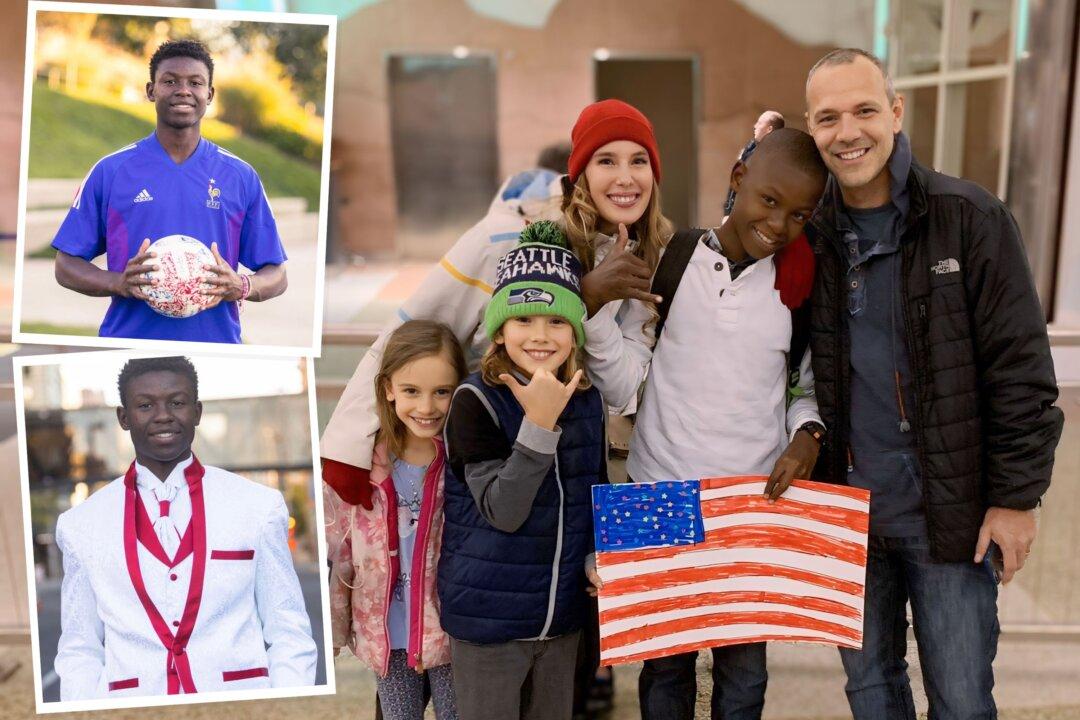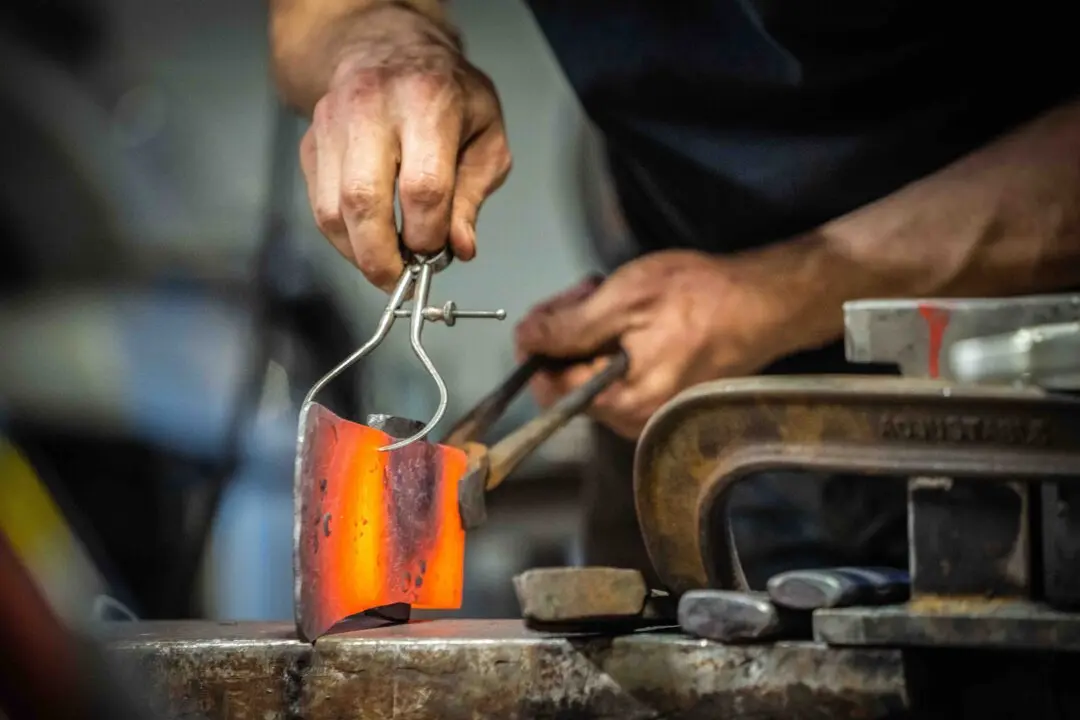A 2016 miscarriage left Jaci Ohayon completely broken. But a chance encounter with a Haitian boy on a beach in the Dominican Republic transformed her grief and changed the boy’s life forever.
The immigration attorney from Colorado recalls sitting on the couch after an ectopic pregnancy, a condition in which a fertilized egg starts growing outside the uterus. Because such a pregnancy is nonviable and life-threatening, her doctors had to administer a chemotherapy drug to induce a miscarriage.






